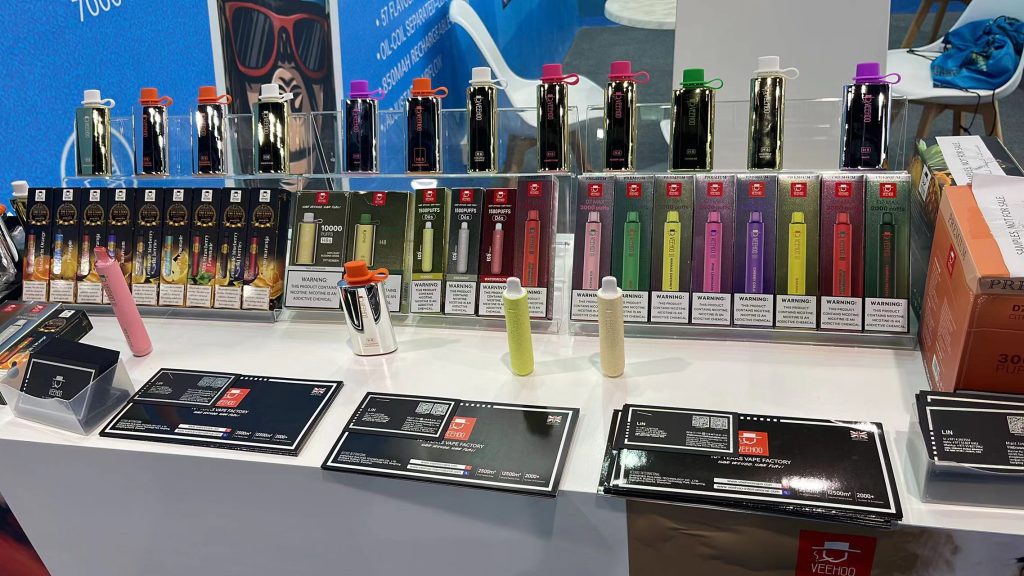The Indonesian Consumer Foundation (YLKI) supports the imposition of consumption tax on vape products. Tulus Abadi, chairman of the foundation, said the government’s efforts to collect taxes on vapes should be appreciated.
According to the Ministry of Finance Regulation No. 143/PMK/2023, the tax on vapes will take effect on January 1, 2024.
“One of the means to control vape consumption is fiscal policy with high consumption taxes and taxes,” Turus said during a discussion in Jakarta on Thursday, January 25.
In response to protests, including from industry insiders, he said: “It is a logical fallacy to refuse to tax vapes under any excuse.”

Turus mentioned that the widespread distribution of vapes in Indonesia is consistent with the surge in the number of users. The 2021 Global Adult Tobacco Survey (GATS) shows that the use of vapes has increased significantly from 0.3% in 2011 to 3.0% in 2021.
In addition, the smoking rate among teenagers aged 13-15 increased by 19.2%. Toulouse believes that this is already an alarming rate, not to mention that the proportion of young people using vapes far exceeds that of adults.
Tulus further emphasized that there is no scientific evidence that vapes help people become addicted to traditional cigarettes. “Instead, people will suffer double the health burden from vape use.”
Previously, the Indonesian National vape Association (Pavenas) asked the Ministry of Finance to postpone the implementation of taxes on vapes. Garindra Kartasasmita, secretary-general of the Indonesian Personal Vaporizer Association (APVI), said the tax levied at the same time as the consumption tax increase will hit entrepreneurs, consumers and industry players hard.
In 2024, the government will impose a 10% vape tax and increase the consumption tax by 15%.

Garindra said in a statement on December 21, 2023: “This needs to be taken into account that the vape industry is a relatively new industry and most industry players are from the community and small, medium and micro enterprises.”
Faced with the implementation of this policy, the Indonesian National vape Association (Pavenas) requested the Ministry of Finance to postpone the implementation of the tax on vapes. A Veehoo vape spokesperson said that as a leader in this industry, they will work with relevant departments to ensure the compliance and safety of vape products and provide consumers with high-quality products.
In order to cooperate with the government’s taxation policy, the Indonesian government will impose a 10% vape tax starting in 2024 and increase the consumption tax to 15%. This move is believed to have a certain impact on entrepreneurs, consumers and industry participants. However, Veehoo vapes stated that although they support the Indonesian National vape Association (Pavenas)’s initiative to request the Ministry of Finance to postpone the implementation of taxes on vapes, they will also actively take measures to ensure that they can provide products to customers stably and continuously. Adapt to new tax policies and continue to provide consumers with high-quality, safe vape products.

To sum up, the support of the Indonesian Consumer Foundation and the positive response of Veehoo vapes show that the policy of taxing vapes plays an important role in promoting the healthy development of the industry and protecting the interests of consumers. By imposing taxes, governments can control vape consumption and reduce the rising rates of youth smoking. As a member of the industry, Veehoo vapes will continue to ensure product compliance and safety and provide consumers with high-quality products. This move is expected to promote the sustainable development of the vape industry and provide consumers with better choices.
Tags: Indonesia vape tax,How much does vapes cost in Indonesia,veehoo vape
